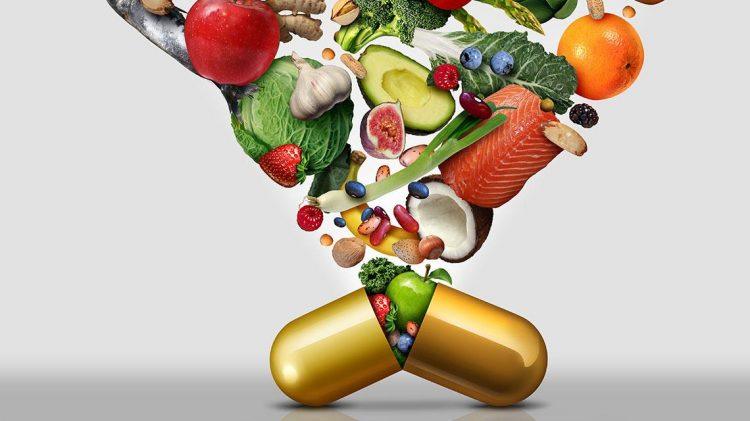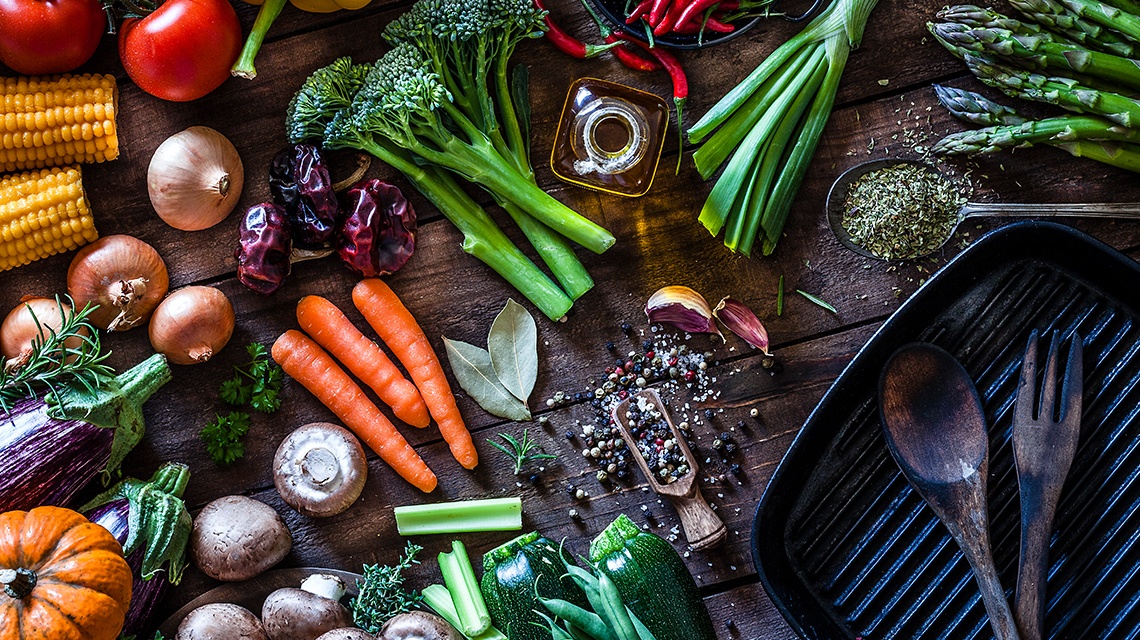
Superfoods,
the new snake oil?
Hype, hype, hype – but what do they really do?
September 14, 2019Hype, hype, hype – but what do they really do?
September 14, 2019Superfoods are everywhere. Super hip smoothies, hyper organic cereal and dietary supplements. Many brands claim to have the best new superfood and every few months there is a new craze (I’m looking at you avocado-toast). But how much of that is just hype?
What are superfoods anyway?
There is no real definition of superfoods, the term is just a marketing buzzword. superfoods describe foods, mostly plant-based, that are thought to contain especially high levels of nutrients that are beneficial to health. Typical ingredients that get praised include antioxidants, healthy fats and a variety of phytochemicals (chemicals that are responsible for smell and color). Most superfoods actually do contain higher levels of these nutrients. But does that really make them “super foods”?
Fun fact: The term superfood was first used in a Canadian newspaper back in 1949 to promote the nutritional qualities of a muffin.
Lab and body – superfoods and their ingredients
One fact to consider is, that the health benefits of the nutrients commonly praised in superfoods get tested in very specific ways in laboratories. Often the tests are done with enormous doses of the specific chemical component and the tests are not done on humans, but on mice. The doses needed to actually have a measurable effect are often completely unrealistic transferred to a normal diet. You would have to eat tons of superfood berries and nuts to come even close to the effects produced by tests in a lab. But still, these nutrients have beneficial qualities and they are contained in higher doses in superfoods, so they can’t be bad … right?
The dark side of superfoods
Something is rotten in the state of superfood. Something that makes it really necessary to warn you against superfoods. While the natural product might be good for you, you are not standing in a Chinese rainforest, lazily plucking a goji berry from a nearby bush. The stuff you get sold in supermarkets can be bad for you. Here is why:
- It’s all about the mix. Many products sold as superfoods in supermarkets contain only trace amounts of the specific superfood. Instead, many products are filled to the brim with sugar, processed foods and many fillers.
- Quality testing is often sub par. There have been several scandals around findings of pesticides, herbicides and bacteria. Especially the praised goji berries have often been found to contain pesticide residues, heavy metal contamination and mycotoxins (fungal toxins).
- Many superfoods are exotic and do not grow where you live. That means they have to be transported over vast distances and get harvested in an unripe state, lowering the nutrient density further. Transports additionally often lead to contamination. And let’s not start with carbon footprints…
Are superfoods all bad?
No. They can be good for you, but you have to closely check the products you buy. Nevertheless, it is awesome that you are interested in them. It shows that you are trying to live healthy and to improve yourself. While many superfoods are not worth the effort or can even be bad for you, keeping a close eye on nutrition is a great start to living healthier. But still, next time, maybe skip the kale-shake and avocado toast and go for something local.
The Bottom Line
The term superfood is used to sell you stuff. superfoods are not medicine and cheap superfoods can even be bad for your health. As for all things concerning diet, quality is king. If you can get organic superfoods that have not been processed and have been tested for pesticides and contaminations, they might even be good for you.




